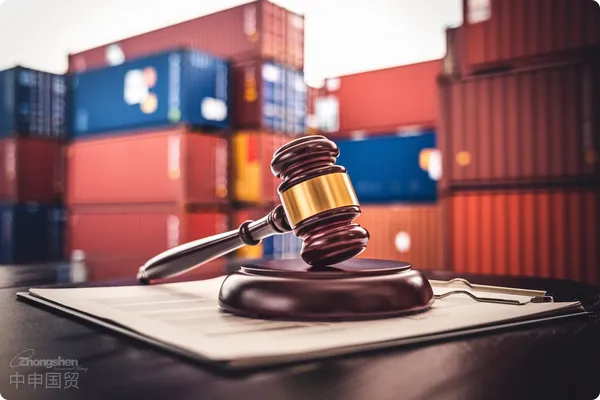- Shanghai Zhongshen International Trade Co., Ltd. - Two decades of trade agency expertise.
- Service Hotline: 139 1787 2118

As early as September 11 this year, Russian President Vladimir Putin said that Russia should consider restricting the export of strategic raw materials including uranium, titanium, and nickel in response to the sanctions imposed on Russia by Western countries. Putin pointed out during a meeting with senior government officials such as Prime Minister Mikhail Mishustin: “Russia leads the world in the reserves of some strategic raw materials, and we supply these raw materials to the global market in large quantities. However, the supply of some goods to us is controlled. Perhaps we should consider restricting the export of certain raw materials, such as uranium, titanium, and nickel.”
He emphasized that any relevant restrictive measures do not have to start “tomorrow” and must be based on the premise of not harming Russias own economic interests. In addition, Russia can also consider restricting the export of some other bulk commodities. Putins remarks show Russias key position in the global resource supply chain and its strategic considerations in international trade.
According to Putin, Russia has about 22% of the worlds natural gas reserves, 23% of the worlds gold reserves, and 55% of the worlds diamond reserves. These rich resources give Russia an important influence in the international energy and mineral markets. The proposal to restrict exports has raised concerns about supply shortages in the international market, especially against the backdrop of current global energy price fluctuations and tight supply chains.
Since Russia launched a special military operation in Ukraine in February 2022, Western countries such as the United States have imposed unprecedented sanctions on Russia, including significantly reducing the purchase of Russian oil and gas. Some analysts pointed out that despite the sanctions, Russia remains a major global supplier of mineral resources. If Russia cuts or stops the export of key raw materials, it may cause chaos in the global market, leading to price surges and supply shortages.
Accurate calculation of the tax refund cycle
It is worth noting that Russia remains the third - largest uranium supplier to the United States to date. US nuclear power plants are highly dependent on uranium supplied by Russia, Kazakhstan, and Uzbekistan, accounting for about half of its uranium supply. Among them, Russian uranium accounted for about 27% in 2023. On May 13 this year, US President Joseph Biden signed a bill banning the import of low - enriched uranium produced in Russia, aiming to reduce and ultimately eliminate US dependence on Russia in the field of civilian nuclear energy.
Experts analyze that Russias move may be a counter - measure against Western sanctions, aiming to emphasize its important position in the global resource market and also protect its own economic interests. The temporary ban on the export of廢舊貴金屬 (waste precious metals) may have an impact on the global precious metals market, especially in the fields of recycling and reuse.
In addition, the decision of the Russian government also reflects its emphasis on domestic resource management. By restricting exports, Russia may hope to ensure the resource supply for domestic industries and support the development of its manufacturing and high - tech industries. At the same time, this also increases Russias bargaining chips in international negotiations, forcing Western countries to re - evaluate the effectiveness and cost of sanctions against Russia.
The international community has shown great concern about this. Enterprises and investors in many countries are closely monitoring Russias policy trends to assess possible impacts and risks. The shortage of energy and mineral resource supplies may lead to price instability in the global market, thus affecting the economic development of various countries.
Against this backdrop, some countries may seek diversified resource supply channels and increase investment in the research and development of alternative energy sources and materials. At the same time, the relationship between Russia and its trading partners may also face adjustment, and all parties need to find ways to achieve win - win cooperation under the new situation.
Related Recommendations
? 2025. All Rights Reserved. 滬ICP備2023007705號-2  PSB Record: Shanghai No.31011502009912
PSB Record: Shanghai No.31011502009912









